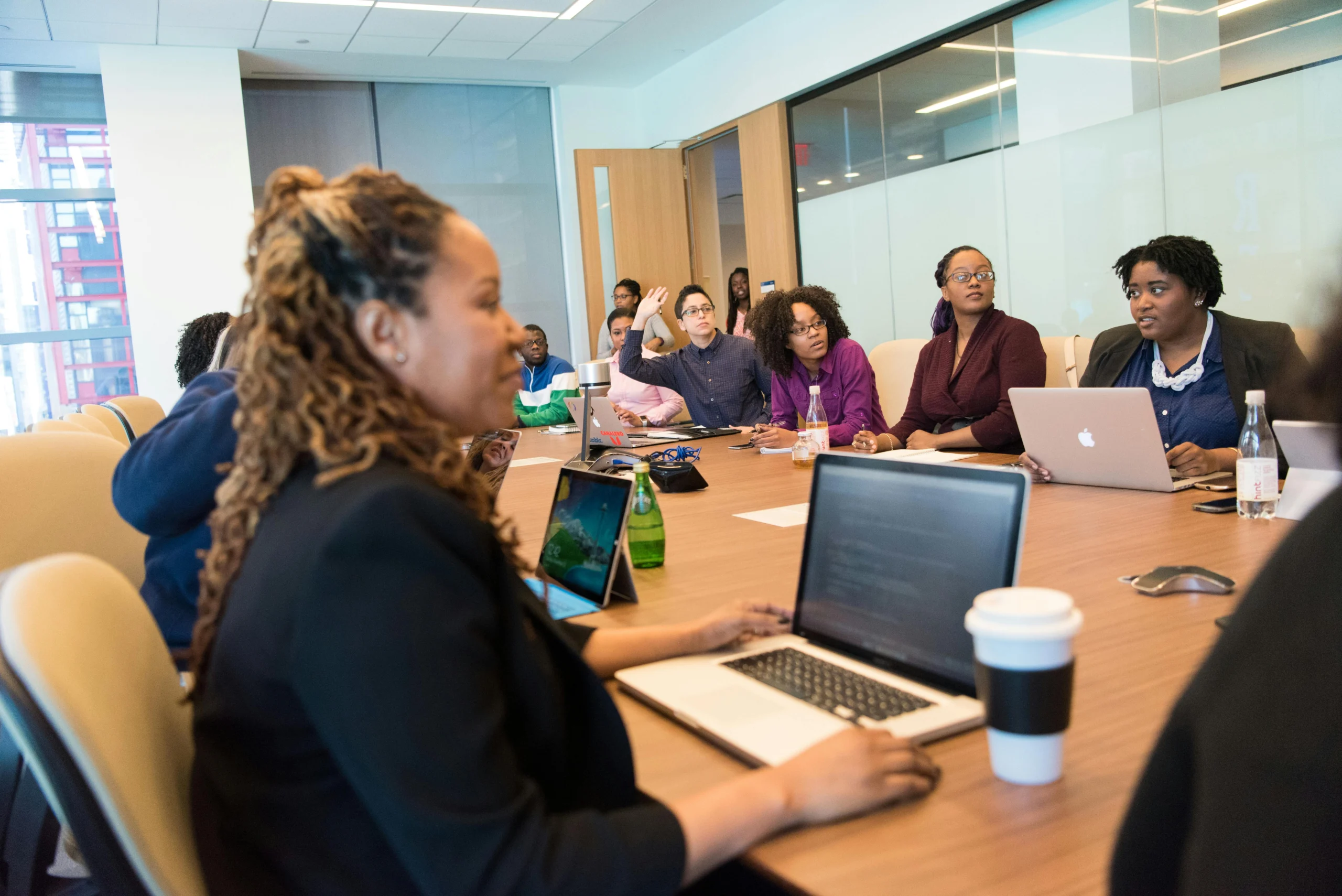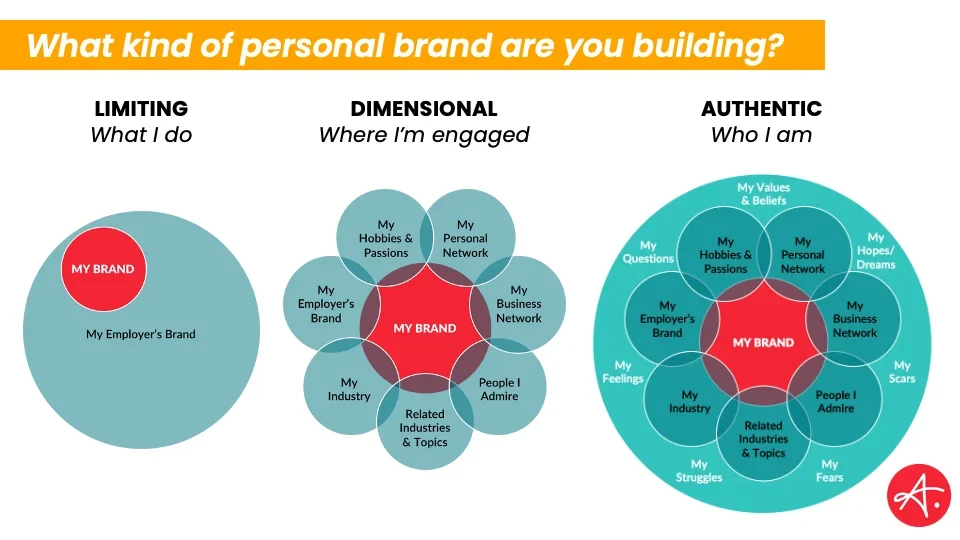From Deficit to Strength
For decades, individuals with learning differences have been viewed through a lens that emphasises deficits—what they cannot do—rather than recognising their unique strengths and capabilities. This deficit-based approach has often led to marginalisation, limited opportunities, and a lack of personalised support.
However, a transformative shift is underway in the UK’s social care landscape. This new paradigm moves away from a one-size-fits-all model and embraces a person-centred approach that celebrates neurodiversity and empowers individuals to lead fulfilling lives. Dr Karen May, a seasoned expert in special education and social care entrepreneurship, is at the forefront of this movement, advocating for systems that recognise and nurture the inherent potential in every individual.
1. Understanding Learning Differences
Learning differences encompass a broad spectrum of neurological variations, including dyslexia, dyspraxia, attention deficit hyperactivity disorder (ADHD), autism spectrum conditions, and other cognitive processing differences. These are not indicative of intelligence deficits but represent diverse ways of processing information and interacting with the world.
Recognising learning differences as part of the natural variation in human cognition is essential. This perspective aligns with the neurodiversity movement, which posits that neurological differences should be respected and valued as any other human variation.
2. The Shift Towards Person-Centred Planning
Central to the new paradigm is the adoption of person-centred planning (PCP). PCP is a set of approaches designed to assist individuals in planning their lives and supports. It focuses on the individual’s strengths, preferences, and aspirations, ensuring that services are tailored to their unique needs.
In the UK, PCP has been promoted through initiatives like the ‘Valuing People’ white paper and the ‘Putting People First’ programme, which aim to personalise adult social care and empower individuals to have greater control over their lives. This approach has been instrumental in shifting the focus from institutional care to community-based support.
3. Embracing Neurodiversity in Education and Employment
Educational institutions and employers are increasingly recognising the importance of accommodating neurodiverse individuals. Inclusive education strategies, such as differentiated instruction and the use of assistive technologies, are being implemented to support diverse learning needs.
In the workplace, companies are adopting neurodiversity hiring initiatives, acknowledging that individuals with learning differences can offer unique perspectives and problem-solving skills. By creating supportive environments and providing appropriate accommodations, organisations can tap into a wider talent pool and foster innovation.
4. Community Integration and Supported Living
Moving away from institutionalisation, the focus has shifted towards integrating individuals with learning differences into the community through supported living arrangements. These models provide individuals with the necessary support to live independently while being part of the community.PubMed+1The Guardian+1Wikipedia+1The Guardian+1
Supported living emphasises choice and control, allowing individuals to make decisions about their daily lives. This approach not only enhances quality of life but also promotes social inclusion and reduces stigma.
5. Policy Reforms and Legislative Support
Legislative frameworks in the UK have evolved to support the empowerment of individuals with learning differences. The Children and Families Act 2014 introduced Education, Health and Care Plans (EHCPs), which provide a holistic approach to supporting children and young people with special educational needs and disabilities.
Additionally, the Care Act 2014 emphasises the importance of well-being and personalisation in adult social care, mandating that local authorities consider the individual’s views, wishes, feelings, and beliefs when planning care and support.
6. The Role of Technology in Empowerment
Advancements in technology have opened new avenues for supporting individuals with learning differences. Assistive technologies, such as speech-to-text software, audiobooks, and organisational apps, can enhance learning and independence.
Moreover, digital platforms facilitate access to information, resources, and support networks, enabling individuals to connect with communities and services that cater to their specific needs.
7. Training and Development for Social Care Professionals
To effectively support individuals with learning differences, social care professionals require specialised training that emphasises empathy, cultural competence, and person-centred practices. Continuous professional development ensures that care providers are equipped with the latest knowledge and skills to deliver high-quality, individualised support.
Organisations are investing in training programmes that focus on understanding neurodiversity, implementing inclusive practices, and fostering environments where individuals feel valued and respected.
8. Advocacy and Self-Determination
Empowering individuals with learning differences involves promoting self-advocacy and self-determination. Encouraging individuals to voice their preferences, make choices, and participate in decision-making processes is fundamental to their autonomy and dignity.
Support networks, peer mentoring, and advocacy groups play a crucial role in building confidence and providing platforms for individuals to share their experiences and influence policy and practice.
9. Challenges and Opportunities Ahead
Despite significant progress, challenges remain in fully realising the empowerment of individuals with learning differences. These include societal attitudes, resource constraints, and disparities in service provision.
However, these challenges also present opportunities for innovation and collaboration. By fostering partnerships between government, service providers, communities, and individuals, we can co-create solutions that are responsive, sustainable, and inclusive.
10. Dr Karen May’s Vision for the Future
Dr Karen May envisions a future where individuals with learning differences are celebrated for their unique contributions and have equal opportunities to thrive. Her work in establishing adult day centres and supported living accommodations exemplifies a commitment to person-centred, strengths-based approaches.
Through consultancy, coaching, and mentoring, Dr May empowers aspiring social care entrepreneurs to adopt inclusive practices and develop services that honour the individuality of each person. Her philosophy underscores the importance of shifting mindsets from pity to high expectations, fostering environments where everyone is encouraged to reach their full potential.
The transformation of social care to empower individuals with learning differences is not merely a policy shift—it is a societal imperative. By embracing diversity, promoting inclusion, and focusing on individual strengths, we can build a more equitable and compassionate society.
As we continue to challenge outdated paradigms and implement person-centred practices, let us commit to supporting each individual’s journey towards autonomy, fulfilment, and recognition. Together, we can create a social care system that truly empowers and uplifts all members of our community.
For more information on Dr Karen May’s work and resources on empowering individuals with learning differences, visit karenmayofficial.com.


